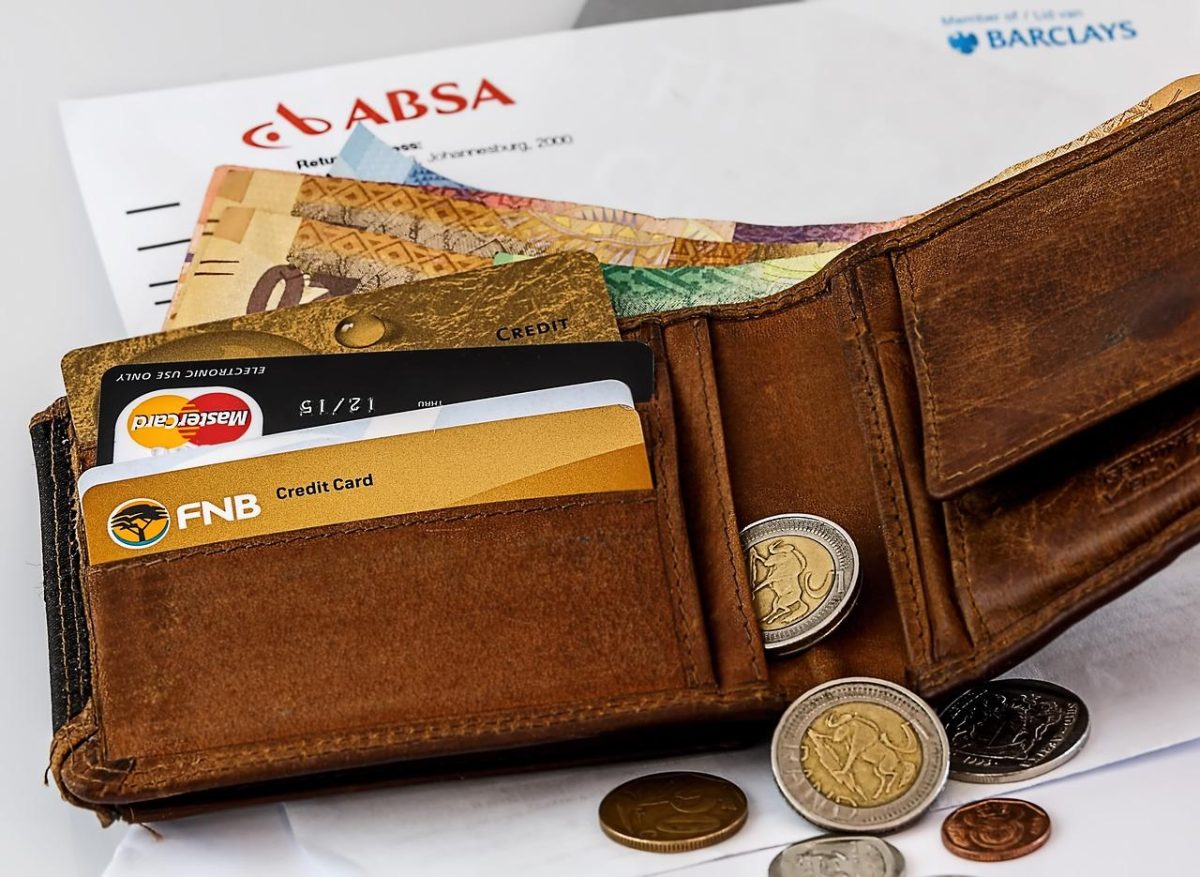Credit and debit cards are the most popular choice for online payments, whether it’s retail or gaming. It’s been this way since the late 90’s. Nonetheless, recent technological advancements are looking to change this, with their options for better security, faster payments, and more user-friendly virtual wallets. Much like the change from cash to card, there may be a learning curve for users and retailers, but they’ll soon see that the benefits of these new options are worthwhile. Let’s have a look at these payment options, and discuss their potential.
Paysafecard:
Paysafecard is a type of prepaid voucher. With it, users can pay online without revealing their bank account or credit card details. Vouchers with unique 16-digit PINs are purchased at physical retail locations and can be redeemed during online checkout processes.
The primary benefit of Paysafecard is the high degree of anonymity it offers for online transactions, appealing to users who prioritize privacy. Because of this anonymity, gaming platforms like online casinos are accepting Paysafecard as a deposit option. Pride Kazunga shares that the benefits of using this payment option for online casino gambling: “It’s a fast, safe, and reliable way to deposit funds without sharing sensitive information. It’s also a prepaid voucher, so those transactions won’t appear on the bank statement.”
However, anonymity comes at a cost. Paysafecard vouchers typically carry fees for purchase and may have limitations on the amount that can be loaded. Additionally, their physical nature can be inconvenient, requiring users to manage and store the voucher itself.
Digital Wallets:
Digital wallets have become a ubiquitous feature on smartphones, offering a secure and streamlined alternative to traditional card payments. Popular options like Apple Pay, Google Pay, and Samsung Pay integrate credit, debit, and loyalty cards within a user’s phone, enabling contactless payments at participating retailers or online stores.
The convenience factor is undeniable. Wallets eliminate the need to carry physical cards, simplifying the checkout process. Biometric authentication, like fingerprint scanning, adds another layer of security. Transactions are completed with a tap or click, significantly reducing checkout times. Additionally, sensitive card information is not shared with merchants, minimizing the risk of fraud.
Cryptocurrencies:
Cryptocurrencies are increasingly used for online payments. There’s a reason why cutting-edge anonymous casino platforms allow them as a payment option. Transactions are secure and transparent due to blockchain technology. Payments are often faster and borderless compared to traditional methods.
Additionally, users hold control over their funds, independent of banks or financial institutions. Crypto payments are still in their early stages. Merchant adoption is limited, and cryptocurrencies can be volatile, meaning their value fluctuates significantly. Crypto is for people with the time to be involved in their finances, who love a gamble, and who are willing to risk for reward.
Buy Now, Pay Later (BNPL):
BNPL services have gained significant traction, particularly among younger demographics. They allow consumers to split purchases into smaller installments spread over a predetermined period, typically without incurring interest charges if payments are made on time. Klarna, Affirm, and Afterpay are some major players in this space.
BNPL offers greater control over spending compared to credit cards. Users can manage their repayment plans within the service’s app, promoting responsible financial management. Additionally, some BNPL providers have lower credit score requirements compared to traditional credit cards, making them accessible to a wider consumer base. These methods are commonly, but not exclusively, used for larger, more expensive, purchases such as furniture and technology.
Prepaid Cards:
Prepaid cards function similarly to debit cards, but users load them with a specific amount of money beforehand. This approach offers greater control over spending and eliminates the risk of overdraft charges. Vanilla Visa and Mastercard are common examples. Prepaid cards can also be virtual, existing solely within a digital wallet app.
The benefits of prepaid cards lie in financial control and security. Users can only spend the pre-loaded amount, preventing overspending. Additionally, prepaid cards minimize financial risk in case of loss or theft, as only the loaded funds are accessible. They can also be a good option for online transactions where users might be wary of sharing debit or credit card details. These cards are also popular when travelling to help with budgeting and safety.
Open Banking and Account-to-Account (A2A) Payments:
Open Banking, a growing trend, leverages APIs to allow third-party payment providers access to a user’s bank account information with their consent. This enables A2A payments, where funds are directly transferred from a user’s bank account to a merchant’s account without involving credit cards or debit networks.
A2A payments offer potential advantages in security and speed. They utilize strong bank authentication methods, potentially offering a more secure alternative to card transactions. Additionally, A2A payments can be processed instantly, eliminating delays associated with traditional card networks.
However, Open Banking and A2A payments are still in their early stages. Merchant adoption lags compared to established methods. Additionally, sharing bank account information with third-party providers might raise privacy concerns for some users.



